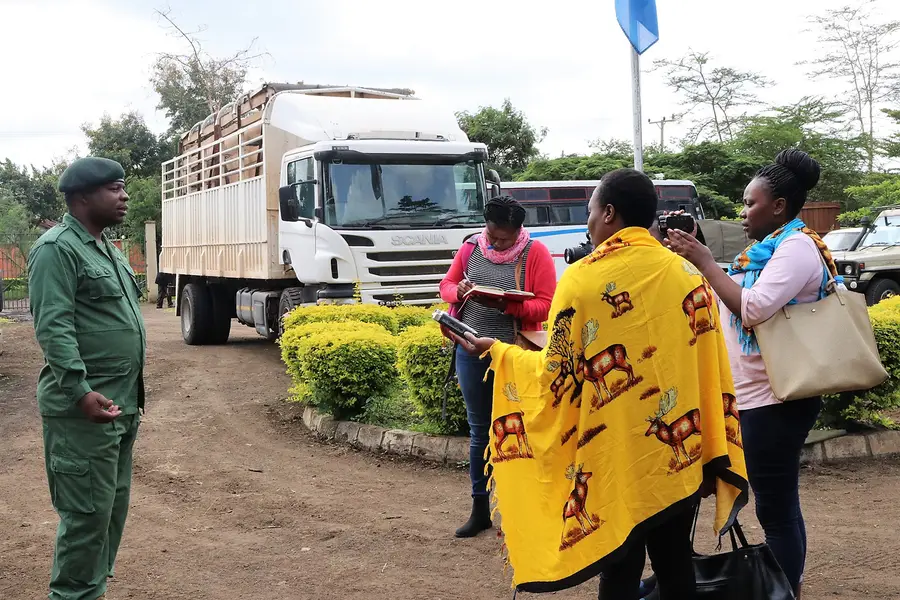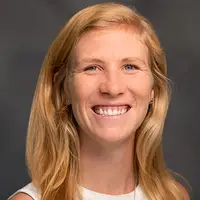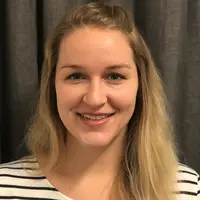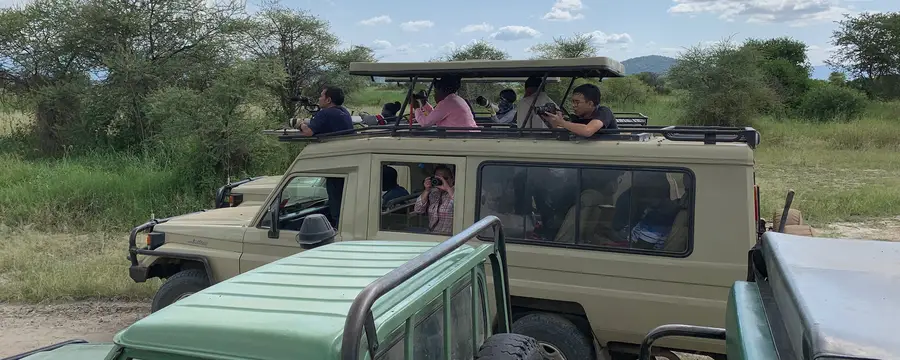
Combating wildlife trafficking is not often talked about; it’s even less often reported on. Despite a widespread push to crack down on poachers, these efforts are frequently made in siloes—without collaborating with their partners in this global fight. Source countries in Africa sit on one end of the supply chain, while consumer countries in Asia sit on the opposite side: animals such as elephants, lions, giraffes, and pangolins are poached in countries like Tanzania, and their final destination is often Southeast Asia, where they’re used for meat, trophies, or traditional medicines.
In the global fight to combat wildlife crime, journalists play a crucial role in shifting social norms and exposing the wrongdoings of poachers. Their support and coverage help us understand anti-poaching and anti-trafficking efforts all the way from the supply to the demand side. With a conservation program in Tanzania and a counter wildlife trafficking program in Southeast Asia, RTI International is in the unique position to bridge this gap.
Both projects have worked closely with journalists to improve the understanding of the importance of wildlife in their countries and regions. Specifically, the USAID-funded Promoting Tanzania’s Environment, Conservation and Tourism (PROTECT) project provided training to journalists interested in covering conservation and protection efforts in Tanzania for both flora and fauna, which covers many of the animals that are poached and sent to Asia. USAID Wildlife Asia simultaneously works with journalists to improve their understanding of wildlife trafficking from source to destination countries, who have a black-market demand for African wildlife and its products.
In 2019, these two USAID projects together identified a process through which knowledge and expertise could transcend continental boundaries.
Together, the projects selected nine top journalists, five from Tanzania and four from Thailand, to participate in a Journalist Exchange Program. The journalists formed a cohort to travel to both countries to investigate stories on both the supply and demand side of the illegal wildlife trade. They interviewed conservation experts, government officials, community leaders, and representatives of other organizations involved in combating the wildlife trade, and visited national parks and wildlife management areas to see the animals and efforts first-hand.
The program was created out of a desire to build journalists' capacity to bring a new perspective on shared issues to readers from faraway ends of the wildlife supply chain. As part of the program, each journalist developed a story that they investigated during their exchange visit and published in their home country thereafter. The cohort supported each other with their investigations and formed a network of cross-boundary colleagues for future collaboration. Through their collective reporting on the successes and continued efforts being put forth in both Tanzania and Thailand, the journalists effectively increased awareness in conservation efforts and combating wildlife crime (CWC).
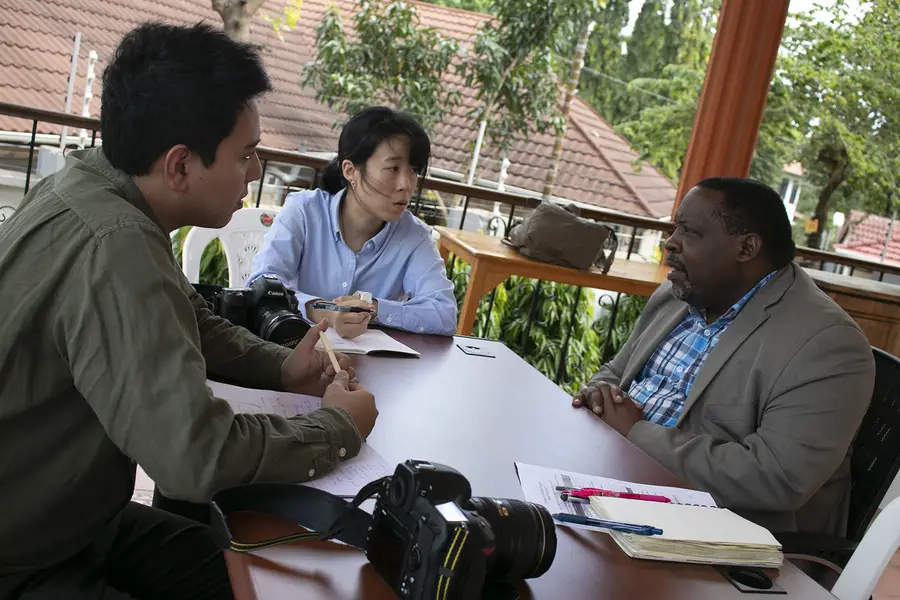
The USAID PROTECT-USAID Wildlife Asia Journalist Exchange Program successfully:
-
Increased the quality and quantity of CWC/CWT reporting in both Thailand and Tanzania
-
Built journalists’ capacity to investigate and report on issues related to CWC/CWT
-
Increased awareness of CWC/CWT reporting with media houses
-
Created linkages between Tanzanian and Thai journalists to support each other’s reporting.
Key Impact:
-
Immediately following the exchange, the journalists published multiple articles that featured select stories, like that of the Ivory Queen trial in Tanzania, that showed not only quality reporting on wildlife crime, but also pride in their countries’ efforts to fight it.
-
The participating journalists were required to have support from their media houses prior to joining the program. By securing this engagement, RTI International was able to ensure that the journalists’ stories and articles would be published and prioritized by the media in both Tanzania and Thailand. This support was key for a sustainable approach that ensured continued reporting after the program’s conclusion.
-
The participating journalists are continuing to work to build the capacity of their own reporting, as well as their fellow journalists. Whether it’s collaborating with Internews to build the capacity of the media throughout Tanzania, participating in additional media workshops, or pursuing story grants, the journalists have internalized the lessons of the program and are actively taking advantage of other opportunities to increase coverage of these critical issues.
USAID/Tanzania and USAID/RDMA both acknowledged the program’s success in increasing awareness and improving the quality of reporting in Tanzania and Thailand. Not only are the journalists reporting on the crimes as they are prosecuted, but they are also investigating and reporting on the gaps in the system. In particular, they’ve brought the need for additional training and expertise in the investigation and prosecution aspect of wildlife crime to the forefront.
RTI International intends to build on the Journalist Exchange Program by continuing to engage the media for both capacity building and exposure to new activities and events in the conservation and CWC sectors. Even outside of the environmental sphere, the program serves as a model to be replicated for collaboration on other critical transboundary issues.
